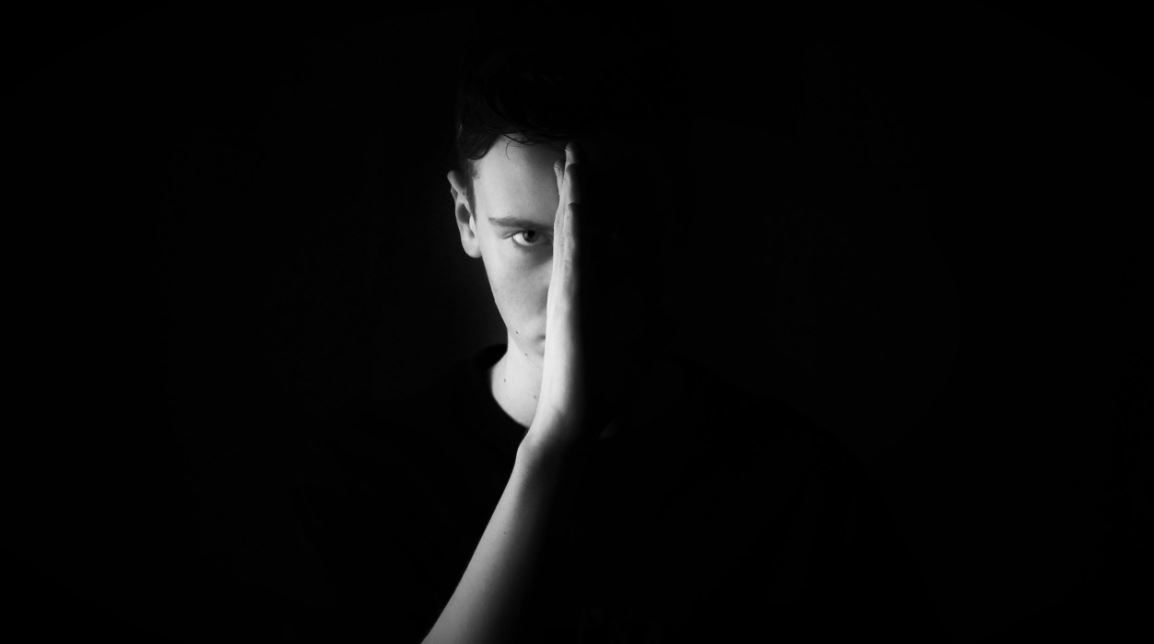
Life is difficult to navigate for people who are in full possession of the mental and emotional capacity to function by normal standards. It’s even more difficult to do for people who have emotional or mental disorders. It’s nobody’s fault; it’s simply a reality that life is complex and difficult to navigate when someone is dealing with personal psychological issues.
Have you ever had this sense that you operate in two different worlds? In one world, you feel energized and ready to conquer everything thrown before you. In the other world, you feel great sadness and despair. In both worlds, nothing ever seems to be as it should be. If this describes what you have been experiencing, you might have Bipolar Disorder.
As you contemplate thoughts like, “Do I have Bipolar Disorder?”, you might not know about that which you are contemplating. Hopefully, the following information will provide the clarity you need.
What is Bipolar Disorder?
An individual who is suffering from Bipolar Disorder will experience severe mood swings. These mood swings will range from mania (an exaggerated state of wellbeing and confidence) to depression (feelings of sadness, emptiness, and despair). The mood swings can occur frequently or spread out over longer periods.
While some of the signs might first appear during an individual’s adolescence, most people get their diagnosis in the earlier years of their adulthood. Once the individual has a diagnosis, they will need to accept that it’s a permanent part of their life, but there is hope to manage it.
Using the frequency and depth of an individual’s mood swings, the psychiatric treatment community can identify exactly what form of Bipolar Disorder with which each patient is dealing. The three possible forms of Bipolar Disorder:
Bipolar Disorder Signs
With most mental and emotional disorders, there are distinct signs that point doctors to the right diagnosis. In the case of Bipolar Disorders, there are two groups of Bipolar Disorder signs that combine to point out the right diagnosis. The two groups are depression and mania:
Depression Signs
Depression is the one that seems to cause the most issues for a Bipolar Disorder sufferer. A look at the following depression signs should make that clear:
Mania Signs
At the other end of the spectrum is mania. Mania is a euphoric state where the individual feels invincible. While not normally appearing as frequently as depression, this pole on the spectrum can be just as dangerous as depression. Typical mania signs include:
The Connection Between Bipolar Disorder and Substance Abuse
It should not come as a surprise that there is often a connection between mental disorders and drug or alcohol addiction. When that connection is well-defined, the addiction treatment community describes the individual as having co-occurring conditions.
The primary reason Bipolar Disorder leads to addiction is that Bipolar sufferers can tire of dealing with their mood changes. When that happens, some of them go in search of a way to artificially eliminate the mood swings. This is when a person begins to self-medicate. Masking symptoms with substances makes a person believe that their symptoms are now under control.
Once someone finds themselves dealing with co-occurring conditions, the only viable treatment option is “dual diagnosis treatment” from a licensed addiction treatment center. With dual diagnosis treatment, the client works with a therapist on both conditions simultaneously. This is necessary because of the high probability that ignoring the mental health condition will interfere with the chances for a lasting recovery.

Bipolar Disorder Treatment
Given the difficulty of living with a Bipolar Disorder diagnosis, the individual needs help. They need to submit themselves to Bipolar Disorder treatment from a person or group that provides mental health treatment services.
For most patients, treatment includes both medication and therapy. Of the two, medication probably plays the most important role in the treatment process. Since chemical imbalances are often the culprit for these disorders, doctors will prescribe certain medications to bring the patient’s brain chemical function to normal levels.
For clients with frequent mood swings, mood stabilizers are the best option. If a client has a strong bias towards the depression or mania, doctors will often turn to some combination of antipsychotics and antidepressants for stabilization. Once a patient is stable, they are better able to deal with the rigors of therapy. Therapy holds the key to them learning to cope with their mood swings.
Using the information above, you should have a better idea of why you are experiencing mood swings. Honestly, it’s something you can’t diagnose on your own. Maybe, it’s time you stop wondering, “Do I have Bipolar Disorder?” Mission Harbor can work with you or a loved one to determine a diagnosis and offer you the treatment you need. If you are ready to for an assessment and potential treatment, be sure to contact us today.
The facilities at Mission Harbor are staffed with trained experts to best assist patients with their mental health issues. We are capable of dealing with any and all cases with a licensed staff, equipment, and approved techniques. Our mission is to help those who want to help themselves, and we support your decision in seeking help.
Get Help Now
Alcohol addiction is extremely difficult to overcome on your own.. Seek specialized help and let professionals guide you in your recovery.

